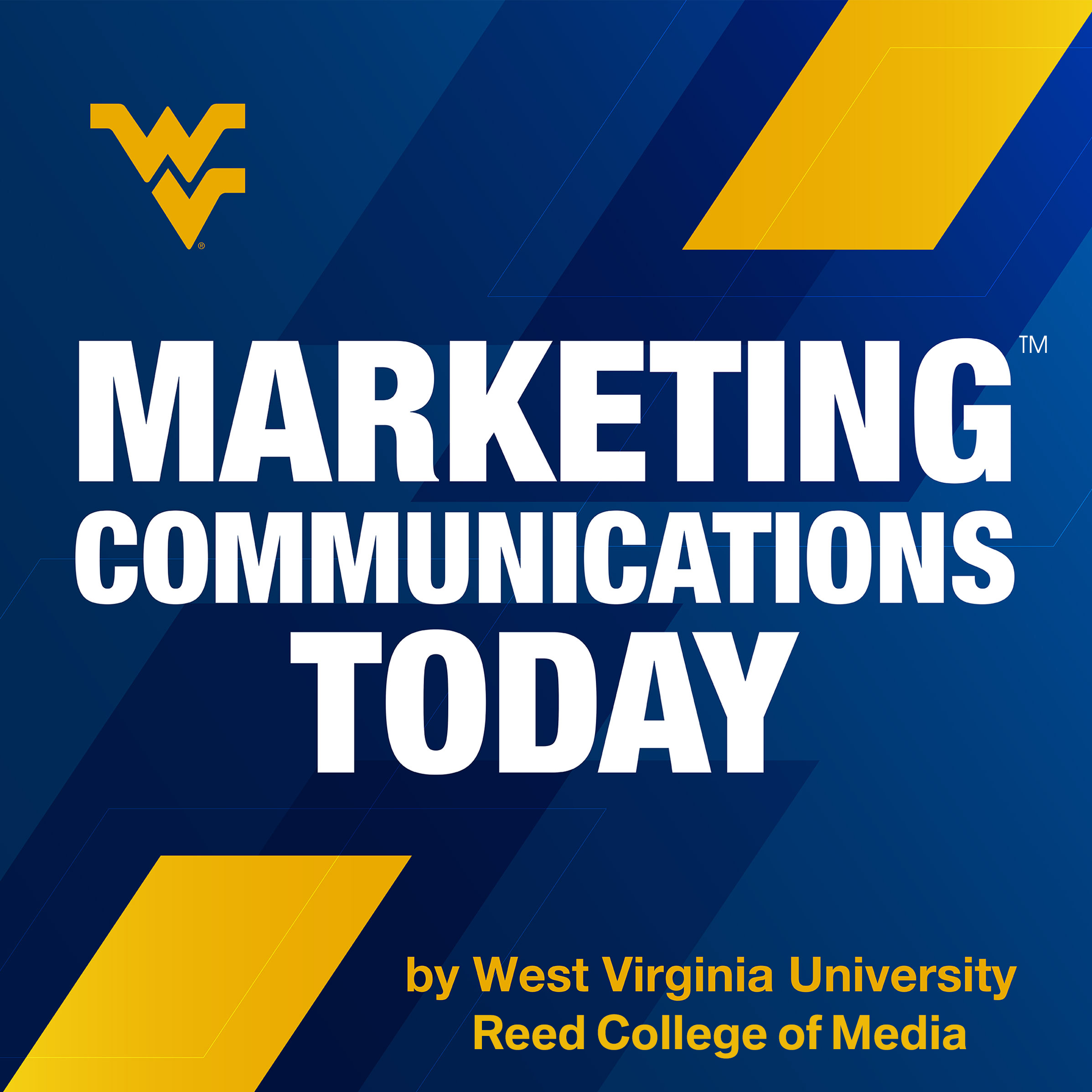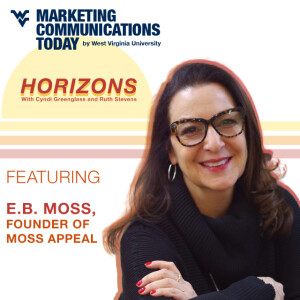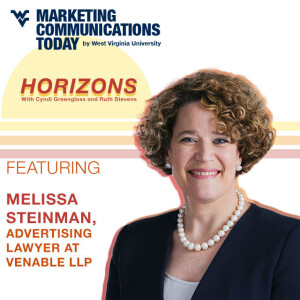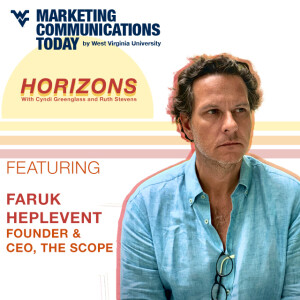
Marketing communications and the rules and regulations that we marketers need to know are changing fast. To find a reliable and knowledgeable source to navigate the FTC, FCC and other sources of regulation can be tough, but we lucked out! Our guest, Melissa Steinman, put advertising and marketing regulation into such an interesting context, that we were fascinated and eager to learn more.
Melissa is an advertising lawyer at Venable LLP and explains that regulation aims to ensure our communications are truthful, and neither deceptive nor misleading. She also explained the sources of the complexity, including all the media options, the differing regions, and the vertical markets like pharma and supplements. Good thing she also supplied us with a variety of resources, like the very informative FTC website, industry blogs, and her law firm’s blog. ( She says that parts of the FTC website are actually funny!). Take a listen, and we are sure you will conclude that we marketers need to step up and familiarize ourselves with this important subject.
Steinman highlights three key areas of marketing regulations:
- The goal of government regulations is that marketing communications are truthful, clear, and free of deception.
- The two major forces driving the complexity of marketing regulations are the proliferation of media channels, and the large number of regional and industry differences.
- Marketers must get familiar with the regulations relevant to their businesses, and keep ahead of developments in new categories like AI, using available resources including industry blogs and the FTC website.
About our Guest:
Melissa Steinman focuses on advertising and marketing, promotions, consumer protection, antitrust, trade regulation, and consumer product safety. In addition to counseling and compliance, she also actively represents clients in government investigations and defends clients against class actions. Melissa represents a broad array of clients, including consumer products and hospitality brands, media and tech companies, retailers, gaming and software companies, start-ups, celebrities, producers, charities, and trade associations. She is particularly well known for her deep knowledge of promotions law, including sweepstakes, contests, gift cards, loyalty programs, and charitable promotions, and she speaks and writes frequently on the topic in the United States and internationally.
Melissa works closely with clients to review their advertising and marketing materials, and vet their pricing and sales claims. She advises on product safety issues – devising product warranties and providing guidance on mitigating potential product safety issues. Melissa has managed Lanham Act and complex advertising and marketing litigation, as lead counsel before U.S. federal and state courts.
Melissa has also developed an extensive promotions and online gaming practice. She counsels clients on gift card, rebate, "free" gift, and loyalty programs. She combines her understanding of prize promotions law, digital media regulations, and U.S. regulations in advising on social media promotions and user-generated content.
Melissa assists industry trade groups in creating their own industry-specific rules. She has drafted antitrust policies and standards, certification programs, codes of ethics, and other self-regulatory programs and policies. Her practice encompasses antitrust issues related to minimum advertised price and resale price maintenance, price discrimination, and other issues relevant to product purchases and sales.
WVU Marketing Communications Today: Horizons is presented by the West Virginia University Reed College of Media, which offers renowned online master's degree programs in Marketing Communications.


















